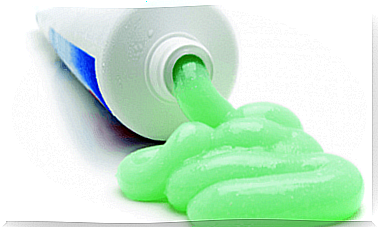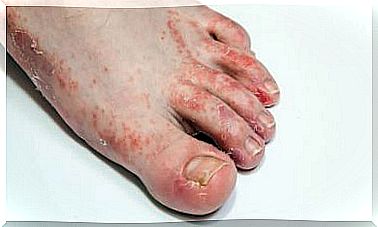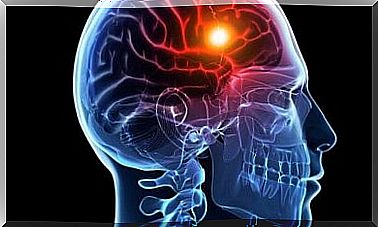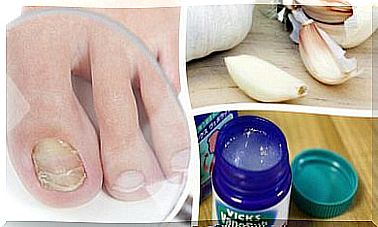What Three Cups Of Coffee A Day Can Do To Your Liver

Many studies show that the consumption of cups of coffee in moderate quantities, can be beneficial for health.
For years, many people avoided drinking coffee. Because they thought it was harmful to their body because of its high caffeine content.
However, in the last few years, a lot of research has been done. And today it is claimed that drinking coffee is great for the body.
Coffee consumption studies
Not long ago, various studies showed that coffee has positive effects in the treatment and prevention of problems. Like diabetes, and Alzheimer’s and Parkinson’s disease.
Today, new studies give us a good reason to drink more coffee and reap its benefits.
In a study carried out by the National Cancer Institute in Bethesda (Maryland, USA) and published in the journal Hepatology , it was revealed that drinking coffee has positive effects on the liver.
To carry out this research, the scientists used data from the United States National Health and Nutrition Survey (NHANES, 1999-2010). They selected a total of 27,793 participants over 20 years old.
The volunteers completed a survey on their coffee drinking habits. And the researchers measured their blood levels with different markers of liver function.
The conclusion of the survey was to measure the liver health of the participants and it was found that those who consumed three or more cups of coffee per day, had lower levels of liver enzymes, compared to those who did not consume of coffee.
Finally, the researchers determined that the compounds in coffee, other than caffeine, promote liver health, as long as it is consumed in moderation.

Consumption of coffee reduces the risk of fibrosis in people with fatty liver
In another research, also published in the journal Hepatology , it was revealed that coffee consumption significantly reduced the increase in connective tissue build-up (fibrosis) in the liver, in patients with non-fatty liver. alcoholic.
Research has shown that the caffeine consumed through coffee can reduce fibrosis in people with fatty liver. The same as in people with chronic liver disease.
To carry out this research, the scientists carried out an interview with 306 people. Regarding their caffeine intake.
They were divided into four groups. Patients with no evidence of fibrosis on ultrasound (control), steatosis, non-alcoholic fatty liver disease (NASH) at stage 0-1 and 2-4.
Patients with steatosis who consumed coffee showed a significant difference. In comparison with patients at stage 0-1 SHNA.
Coffee consumption was greater in patients with stage 0-1 NASH, with 58% of normal coffee ingestion. Compared to patients with stage 2-4 NASH. With only 36% of normal coffee caffeine consumption.
Experts say we need more evidence and research. To examine the amount of coffee consumption in clinical outcomes.
The benefits of drinking cups of coffee

Although for a long time it was believed that coffee could be bad for your health, its benefits are increasingly recognized.
- Recent studies have shown that coffee can prevent and protect against diabetes. As well as certain cancers linked to obesity, estrogen and insulin. Like endometrial cancer.
- Thanks to its high antioxidant content , coffee is linked to the prevention of bladder or liver cancer.
- It reduces the risk of suffering from cirrhosis.
- Reduces the risk of suffering from heart disease, thanks to its high content of flavonoids.
- It is recommended to reduce headaches and some types of migraines.
- Its consumption is linked to the reduced risk of gallstones and gallbladder disease.
- Cups of coffee feed the bacterial flora, which protects us from the onset of disease.
- The consumption of coffee stimulates gastric secretion. And activates the production of bile and the contraction of the gallbladder. Because it significantly improves digestion.
- Numerous scientific studies have shown that people who consume three cups of coffee a day are 50% less likely to suffer from cognitive deterioration.









